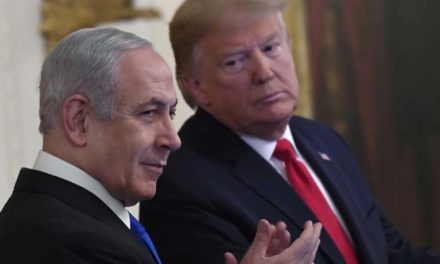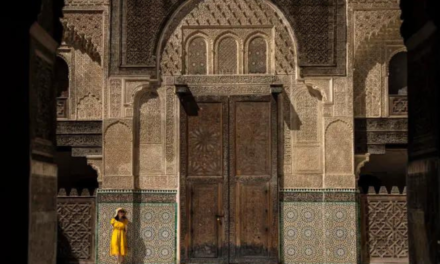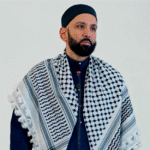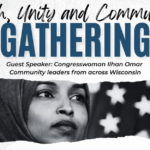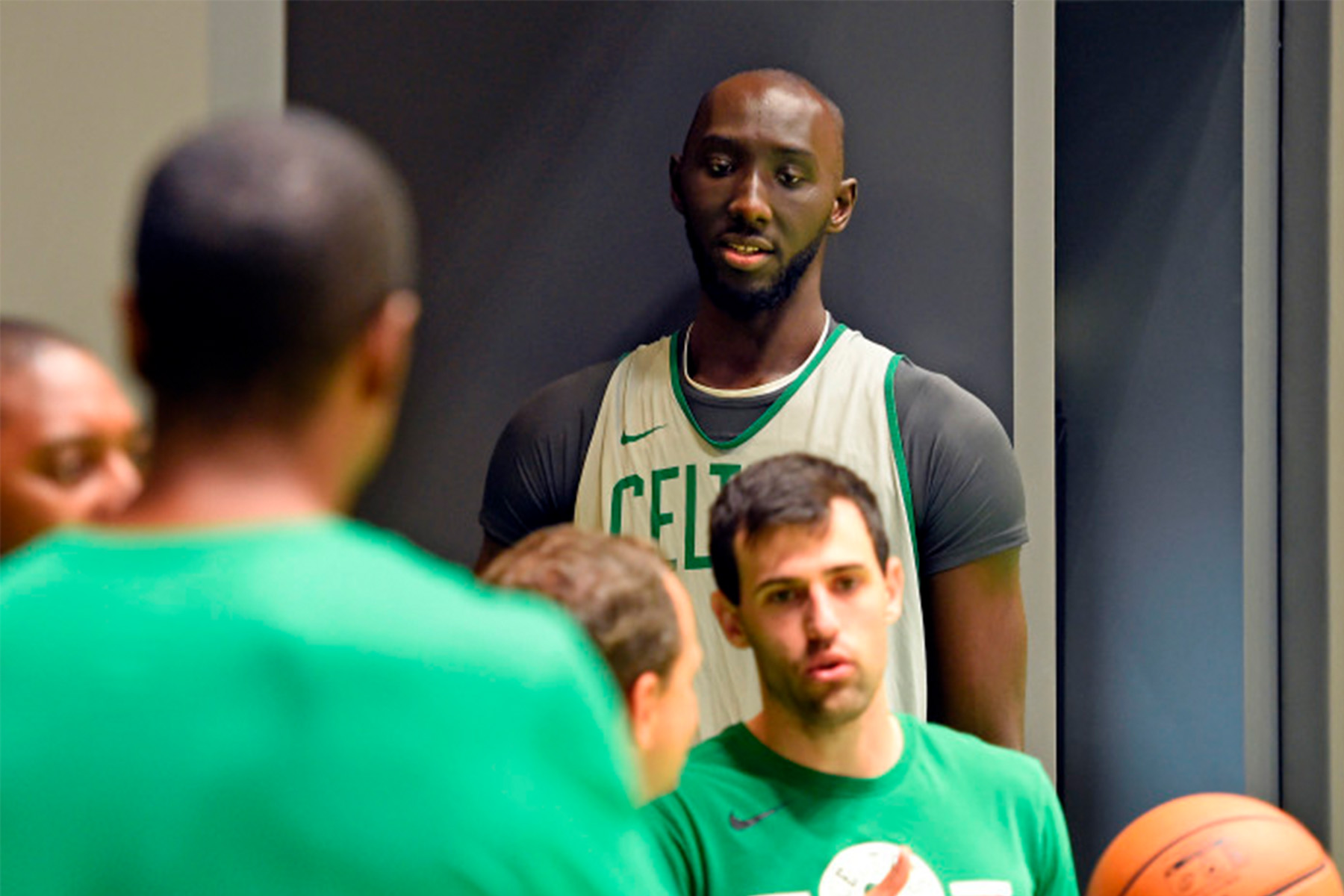
Simran Jeet Singh as “Conquering NBA fans’ hearts, Tacko Fall shows how sports bring us together” for Religion News
BOSTON, MA – JULY 2: Tacko Fall participates during Celtics Summer League at the Auerbach Center in Boston, Massachusetts on July 2, 2019. (Staff Photo By Christopher Evans/MediaNews Group/Boston Herald)
Every year, a handful of players — unexpected gems — emerge at the NBA Summer League, staking a claim to the highly coveted career in professional basketball. This year, perhaps the brightest star is Tacko Fall, a Senegalese Muslim who, even in a world of giants, towers over the competition.
Fall is 7-foot-6 with an 8-foot wingspan. He can dunk while standing on his tiptoes. And basketball fans can’t seem to get enough of him.
Every game, videos capturing Fall’s unique stature go viral, from his standing dunks to his smacking the stanchion behind the basket. Only 10 days into Summer League, he has become a fan favorite. The crowd chants “We want Tacko!” while he waits for his coach to put him in the game. When his coach tells him to check in, the crowd roars in excitement.
In less than two weeks, Fall went from an undrafted rookie hoping to make a splash to the most beloved man in America’s second most popular sport.
Fall’s meteoric rise is also remarkable given his cultural and religious background. Publicly identifying as Muslim, he has been speaking out against the Trump administration’s anti-Muslim bigotry since he was a teenager.
The administration continues to push for policies that discriminate against Muslims, and hate crimes targeting Muslim minorities continue unabated. Here’s one measure of how deeply fearful Americans have become of their Muslim neighbors: A 2018 study found that nearly 20% of Americans would deny Muslim Americans the right to vote. We can draw from this that, for 1 in 5 Americans, attending to Islamophobia is more important than preserving democracy.
Understanding the prevalence of anti-Muslim bigotry helps us appreciate even more how remarkable it is to see people across the country embrace Fall.
It also confirms something I have personally experienced: Sports has a unique capacity to even the playing field.
My three brothers and I grew up in South Texas, and we spent more time playing sports than anything else: soccer, basketball, football, baseball, etc. And if we weren’t playing sports, we were watching them on TV, talking about them or looking through our basketball cards.
When we played sports with people who didn’t know us, they often assumed we wouldn’t be good or fun to play with, typically because they didn’t know what to make of our Sikh turbans. With a few rare exceptions, we gained their respect the moment we stepped on the court or field and showed them we could play.
For us, sports were the ultimate equalizer.
In this sense, I experienced sports as a powerful force, one that could bring people together when little else could. Similarly, the love shown to Fall — in a political moment of immense anti-immigrant, anti-black and anti-Muslim bigotry — shows us what a politically useful function sports can serve.
This is not a new phenomenon by any means. Muhammad Ali captured the imagination of Americans. People around the country embraced Kareem Abdul-Jabbar and Hakeem Olajuwon. All three — black and Muslim — have been cultural icons.
The examples of Muslims in American sports also helps to undercut the pernicious myth that Islam and the West are incompatible. Witness Ibtihaj Muhammad, a fencer in hijab representing Team USA at the 2016 Olympics in Rio. She sent the message to millions of Americans that there is no “clash of civilizations,” to borrow the words of Samuel Huntington. Rather, Islam and the West can be in harmony with each other — and there’s no more effective avenue of showing this reality than through sport.
All of this is what excites me about the media frenzy around Tacko Fall. He’s more than just an exceptionally tall dude dunking over other exceptionally tall dudes. The very fact of who he is will do important work for humanizing some of those among us who are dehumanized far too often.
